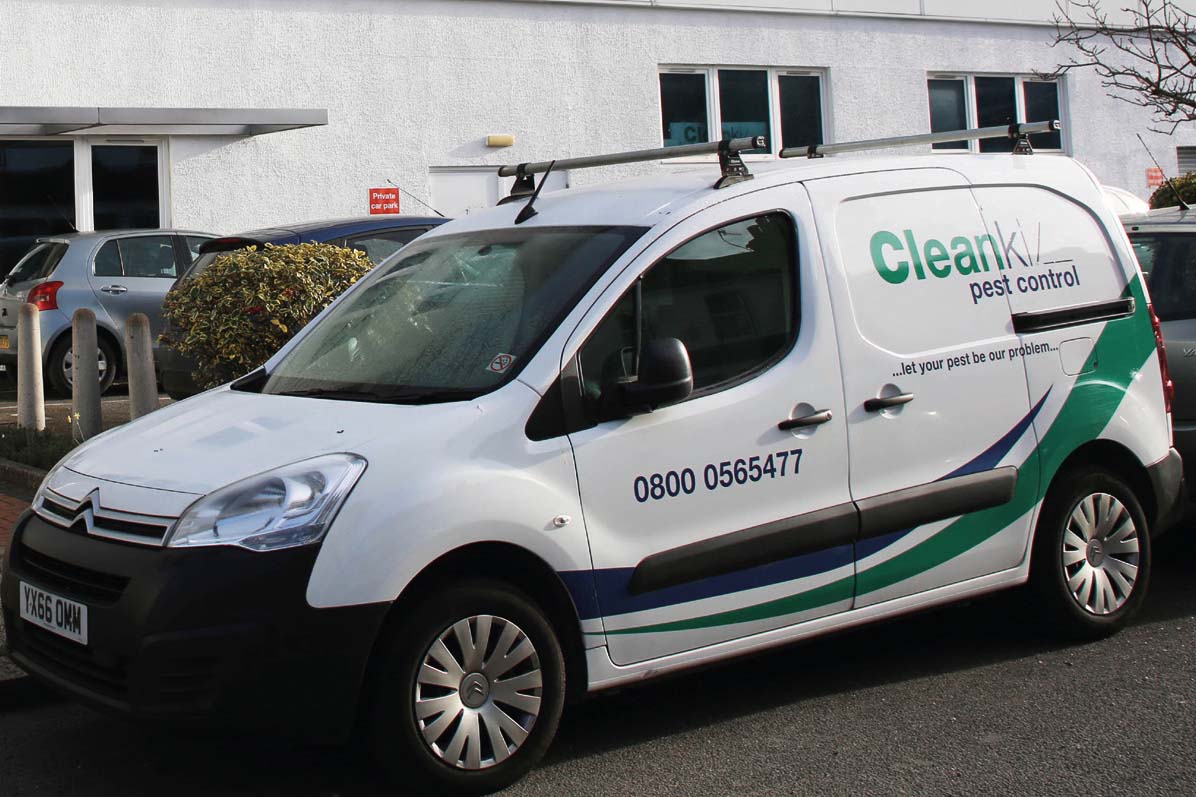
Over the last twenty years, employee loyalty has been on a slow decline, which is not expected to stop. In fact, the Covid-19 pandemic has only exacerbated this with workers challenging the traditional ways of working and wanting more flexibility, increased security and better salaries. If an employer cannot meet these new expectations, a significant percentage are willing to resign. In 2021, the Achievers’ Employee Engagement and Retention Report found that 52% of employees were planning to search for new jobs within the year. A significant proportion comes from some top-paying companies, demonstrating that competitive pay is not the only motivating factor in being loyal to a company.
Multiple adverse effects come with a high staff turnover rate. Therefore, it’s essential to understand your
employees’ needs early on to prevent this. The recruitment process can be costly and interviewing, onboarding, and training distract staff from their day-to-day tasks, ultimately reducing productivity. Most importantly, when a team member chooses to leave, the business loses the corporate knowledge that the individual held.
When looking at why employees leave, you can separate the causes into ‘push’ and ‘pull’. Push factors stem from inside the organisation and can be anything from bad leadership to a lack of career development opportunities or feeling undervalued. Currently, push factors play a huge part in the ‘turnover tsunami’, so it is vital to complete exit interviews and analyse why your staff are leaving to improve these areas and retain staff.
Pull factors are external influences that entice employees away from your company. In the last two years, a significant factor has been the attraction of a new work location. The Covid-19 pandemic has allowed many people to re-evaluate their living situations and move away from busy cities.
Other situations outside your control, such as Brexit and the Ukraine-Russian war, have exacerbated the already rising cost of living. The UK has seen energy costs increase by 50% in April 2022, and petrol costs skyrocket to 163.5p per litre, 16p higher than the previous month. Salary increases aren’t keeping up with this, making employees more prepared to search elsewhere for a business offering higher salaries.
In the past, the baby boomer generation found that hard work and loyalty were clear pathways to progression and promotion, but now with the talent pool being so saturated, this isn’t the case. Millennials, who now make up the largest percentage of the workforce, understand that the most reliable way to increase their pay and expand opportunities is to switch jobs. After seeing this method benefit millennials, baby boomers have begun to follow in their footsteps.
There are ways you can promote loyalty within your business and increase employee satisfaction. The most apparent is offering a competitive salary, but may not be in a financial position to increase salary funds. Matthew Killingsworth, who studied happiness, stated that ‘money allows people autonomy to choose how they live their lives. However, there are other ways to encourage loyalty.’ So what are they?
• Set a clear progression plan
One driving cause for employees resigning is the uncertainty of progression. To prevent this, the business must have clear career progression stages. By doing this, employees know what to expect and what is expected of them to reach the next level. Having these goals clearly set out makes staff feel informed and empowered to reach them. To go even further, you could set up personalised progression plans to create a sense of control over the employee’s career and takes the guesswork out of knowing when to expect to progress.
• Flexi-working and family friendly policies
Since the start of the Covid-19 pandemic and the necessity of remote working, employees have been savouring a work-life balance. By removing their daily commute, staff have reduced their expenditure and gained valuable time back in their day, which can be spent with friends, family, or taking part in hobbies. This is something 59% of workers would not give up and say they would not work for an employer who requires them to be in the office five days a week. As well as having a more flexible approach to where staff work, you can consider policies such as extended maternity and paternity leave or unlimited holiday days to improve flexibility further and appeal to staff. Offering wellness checks to staff is another cost effective way to show staff you care about them, which again makes the employees feel part of a valued team. If you have staff who know they can take time to recharge and spend time doing what they enjoy, it means they’re more likely to avoid burnout and be more satisfied with their roles.
• Quality leadership
We’ve all heard the phrase ‘your workforce is only as good as your leadership’, and this is true. No matter what benefits you offer, loyalty will be rare if your employees are not empowered by their leadership team.
Management teams need to be trained correctly and communicate with their teams about your future plans. Team members want to feel part of the company’s direction of travel, so transparency should be a top priority. The aim is to get your staff feeling invested in the business. People will also generally take more pride in projects they think they’ve taken responsibility for. Through inspiring autonomy, staff will feel trusted and have a certain level of responsibility for the company’s success. If they think they’re a part of the company rather than simply following instruction, then this will inevitably increase loyalty.
At Loch Associates we can work with you to focus on employee retention and overall employee satisfaction. If you’d like to find out more about all the services we offer, you can contact us on 01273 311855 or visit our website: www.lochassociates.co.uk





